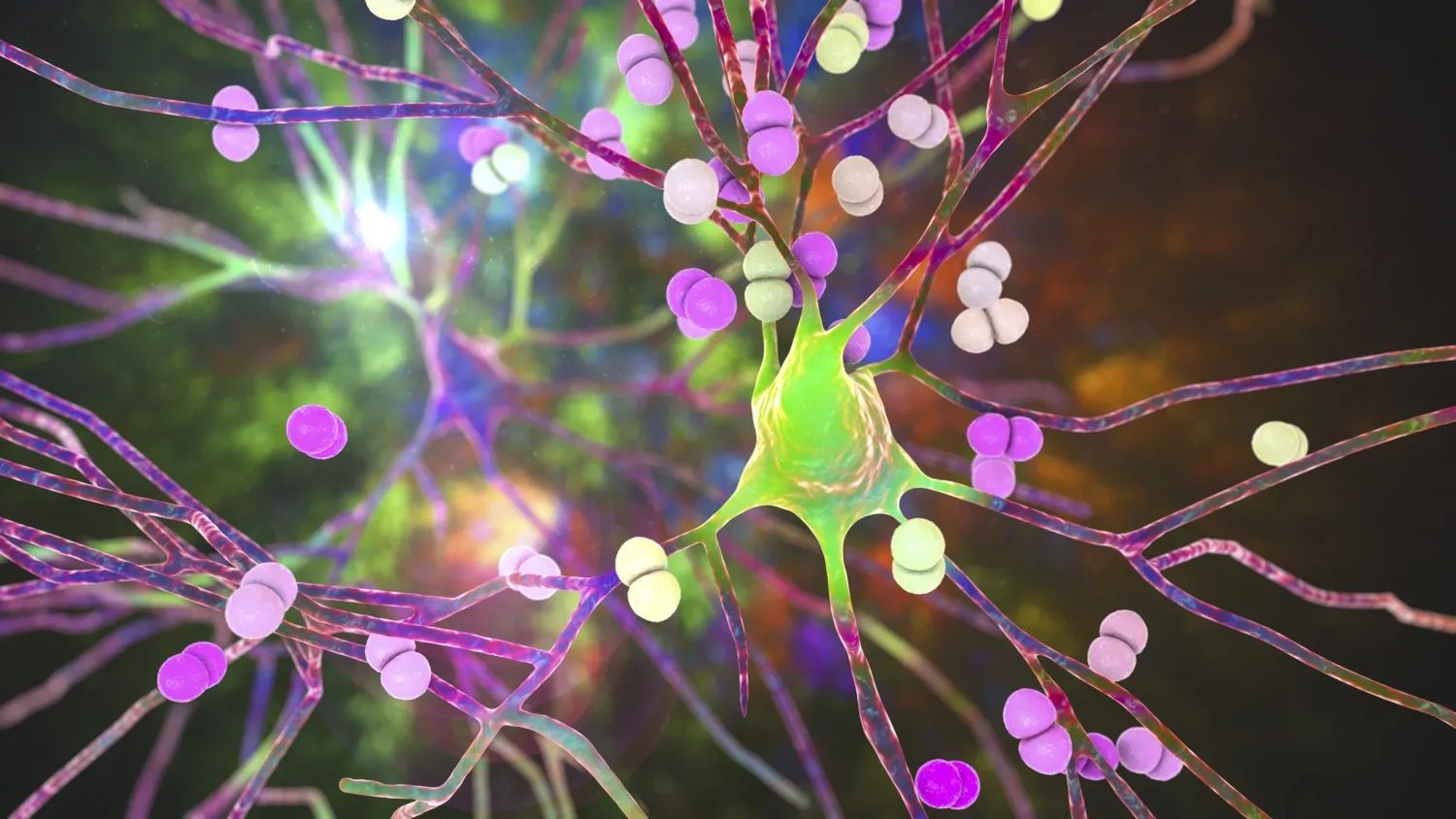Researchers restore antibiotic effect in the event of resistance

Bacterial resistance negates the effect of antibiotics in the treatment of infection. Using mouse models, researchers now show that if antibiotics are administered with an enzyme called endolysin, the combined effect protects against infection by resistant bacteria in all bodily organs – including the brain, which antibiotics alone have difficulty reaching. The results are reported in the journal Molecular Medicine.
The World Health Organization has identified antibiotic resistant bacteria as a global health risk. Two important classes of antibiotic are beta-lactams (e.g. penicillin) and macrolides (e.g. erythromycin), which are used to treat life-threatening infections such as meningitis. The fact that the bacteria that cause the disease are becoming resistant is a grave concern, as the patients who have the disease – and survive – risk permanent brain and neurological damage.

“There are two main problems in meningitis – the difficulty antibiotics have crossing the blood-brain barrier and the increase in resistant bacteria,” says principal investigator Federico Iovino, associate professor and research group leader at the Department of Neuroscience, Karolinska Institutet. “Our results show that with the supplementation of endolysins, we can restore the effectiveness of antibiotics, even when the bacteria are resistant.”
Protected human cells
The protein endolysin is an enzyme derived from a virus called bacteriophage, which kills bacteria by breaking down the bacterial cell. In veterinary medicine, endolysins have been proven effective against udder infections.
In the laboratory, the researchers found that an endolysin called cpl-1 protects human cells from blood and cerebrospinal fluid when exposed to Streptococcus pneumoniae (the pneumococcus), resistant to penicillin or erythromycin. These pneumococci are the primary cause of meningitis globally. Researchers have successfully experimented endolysin combined with penicillin or erythromycin.

“The combination protected nerve cells from infection by resistant pneumococcal strains which have affected patients and which we have been obtained from Swedish hospitals,” says the study’s first author Niels Vander Elst, postdoctoral researcher in Federico Iovino’s group. “This was a significant result, as these are the very bacteria that cause meningitis.”
Quickly enters the brain
The researchers then used an animal model for meningitis in which mice were infected with penicillin-resistant pneumococci. While endolysin alone protected against infection, penicillin alone did not. When the mice received a combination of antibiotic and endolysin, they were protected against disease and the antibiotic recovered its effectiveness.
“It takes time for antibiotics to get past the blood-brain barrier, upwards of several days, but endolysin can enter the brain very quickly within a few hours,” says Dr Iovino. “Its speed is a unique property that’s important since brain neurons start to get damaged as soon as the bacteria are present. It also has another important advantage – it doesn’t give the bacteria time to develop resistance.”
Tests on other bacteria to come
Federico Iovino’s group now intend to study the effectiveness of endolysin with other types of resistant bacteria in order that it can be used as a powerful weapon against the resistant bacteria that cause serious diseases, not least meningitis.
“For the first time, we’ve shown that endolysin is effective against the bacteria that cause meningitis,” says Dr Iovino. “Our data also bridge earlier gaps in our knowledge by showing that they can pass through the blood-brain barrier and help antibiotics to recover their effectiveness against resistance.”
The study was financed by the Swedish Research Council, HRH Crown Princess Lovisa’s Association for Paediatric Care, the Magnus Bergvall Foundation, the Åhlén Foundation, the Silent School Foundation, the Wera Ekström Fund for Paediatric Research and the Gun and Bertil Stohne Foundation.
Niels Vander Elst has patent applications pending for the endolysin technique.
Publication
“Bacteriophage-derived endolysins restore antibiotic susceptibility in β-lactam- and macrolide-resistant Streptococcus pneumoniae infections.” Niels Vander Elst, Kristine Farmen, Lisa Knörr, Lotte Merlijn och Federico Iovino. Molecular Medicine, online 5 May 2025, doi: 10.1186/s10020-025-01226-1.
